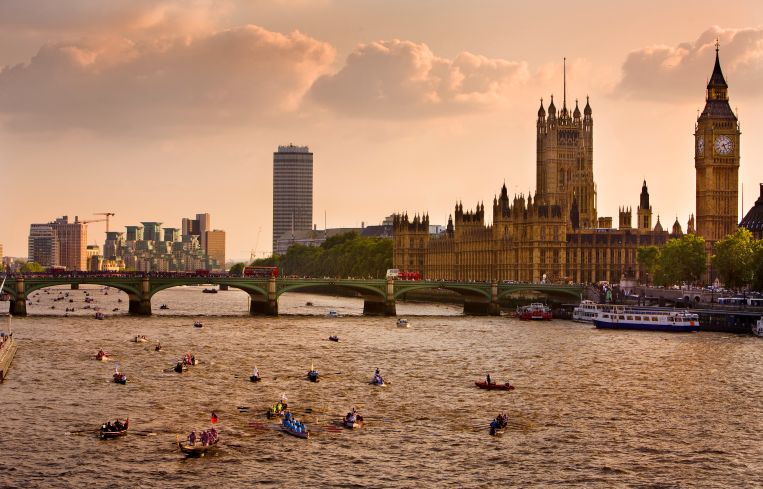Brookfield: London’s Still Calling Despite $120M Currency Hit
By Cathy Cunningham August 5, 2016 4:45 pm
reprints
Brexit was the hot topic of the day on Brookfield Property Partners’ second-quarter earnings call this morning. The commercial real estate giant stood firmly behind its investments across the pond, despite a $120 million loss in value related to the British Pound’s decline post-vote.
Chief Executive Officer Brian Kingston, who described the U.K.’s decision to exit the European Union as “unexpected,” said that it had a sharp impact from a currency and public securities perspective. More than 80 percent of Brookfield’s assets in the U.K. are hedged against the British pound in order to protect its balance sheet from currency movements, but the pound’s nosedive still hit the firm. “Our values haven’t gone down to reflect what may be the impact of Brexit, but we [were] impacted by currency,” Kingston commented.
While market volatility is expected in the years to come as the U.K. adjusts to its new relationship with Europe, “we believe it will continue to be an attractive place to invest and for businesses to locate their operations,” Kingston said. Describing the draw towards the U.K., Kingston listed the favorable tax and regulatory framework for foreign investors, sound rule of law, healthy respect for capital, and a culture of free enterprise.
Brookfield’s biggest U.K. exposure lies in London office properties between the city’s two financial centers— Canary Wharf and the City of London. Approximately $1 billion, or five percent, of Brookfield’s total equity is exposed to the pound as of June 30. During the Q&A portion of the earnings call, Sheila McGrath, a senior managing director at Evercore ISI, asked whether Brookfield had seen sovereign capital partners rotating capital away from London and towards New York. Kingston said quite the opposite effect had been seen, with lower property prices in London being an attractive entry point for investors into the historically-expensive city, and Asian and Middle Eastern investors in particular.
“We’re big believers in London,” said Kingston. “Uncertainty leads to attractive opportunities for patient investors with a long-term view, and we will be ready if any such opportunities present themselves.”
Brookfield’s London portfolio is faring well so far, in terms of property fundamentals, according to executives on the call. Its properties are 98 percent leased, with an average remaining lease term of 12 years. Additionally, less than 15 percent of leases expire over the next five years.
On this side of the Atlantic, Brookfield had a busy quarter securing over $1 billion of construction financing on development projects in both the U.S. and U.K. and raising roughly 75 percent of its $2 billion equity goal for this year, through asset sales across all real estate sectors in the U.S., Europe and Australia.
Development and redevelopment in Brookfield’s retail portfolio also totaled $1 billion in the second quarter, with $500 million under construction and a further $500 million in the pipeline. Foot traffic in Class A shopping malls was stable, said Ric Clark, the global head of real estate, after being up 2 percent in 2015. Underperforming department stores in retail properties are being replaced with non-traditional mall tenants. Such tenants include restaurants with quick-serve food hall concepts, high end grocers, entertainment venues and e-retailers doing pop-up or permanent stores.



